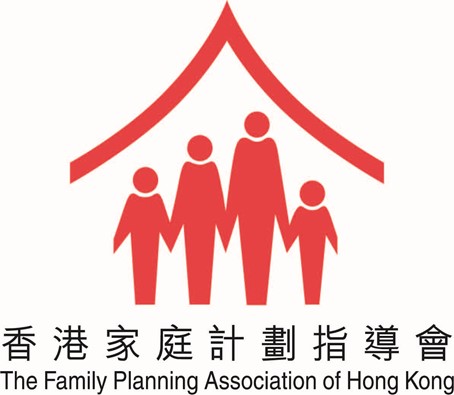

| 31 March 2016
Family Planning Association of Hong Kong
The Family Planning Association of Hong Kong (FPAHK) was 1 of the 8 founding Member Associations of IPPF. It was established in 1950 and has a distinguished history as one of the foremost proponents of sexual and reproductive health (SRH) and the belief that good family planning is an essential component in the health and well-being both of the individual and society as a whole. FPAHK works through 16 service points, including 9 permanent clinics, 1 mobile facility and 7 community-based distributors/community-based services (CBDs/CBSs). Its services include contraception, abortion, pre-marital and pre-pregnancy check-up, cervical cancer screening, STI and HIV-based work and treatment/consultation on subfertility, menopause, and erectile dysfunction. The organization also offers counselling to young people and couples with emotional or relationship issues. The Member Association also provides family life and sexuality education to students and training to parents, teachers and related professionals. It conducts clinical and sociological research in areas pertaining to fertility regulation and population. It raises public awareness of the importance of SRH through various mass media channels and campaigns. Its 7 Women’s Clubs collaborate with key community partners to promote healthy, happy and harmonious families at the grassroots level. It advocates and contributes to government health policy in areas such as HIV and AIDS. Website: www.famplan.org.hk

| 31 March 2016
Family Planning Association of Nepal
Established in 1959, the Family Planning Association of Nepal (FPAN) first joined IPPF in 1960 and become a full Member Association in 1969. When it was established, the idea of family planning was considered inimical to religious, cultural and social norms. With the institution of a government Maternal and Child Health Division in 1969, FPAN began to supplement and complement the national health and population programmes. Target populations include injecting drug users (IDUs), lesbian, gay, bi-sexual, trans-sexual and intersex (LGBTI) individuals, people living with HIV (PLHIV), survivors of gender-based violence (GBV) and trafficked returnees and refugees. FPAN serves these populations through an extensive network of 2,750 service points, comprising 127 static clinics, 116 mobile facilities, 184 associated clinics, 543 other agencies, and over 2,000 community-based distributors/services (CBDs/CBSs). Key areas of emphasis include adolescents' sexual and reproductive health, HIV and AIDS prevention and treatment, safe abortion, advocacy for sexual and reproductive health and rights (SRHR), the prevention of gender-based violence (GBV) and support for its victims, and the promotion of access to sexual and reproductive health (SRH) information and services to marginalized and under-served groups. With the dedicated backing of 450 full-time professional staff, 1000 community counsellors, 4000 peer educators and 11,000 grassroots volunteers, FPAN has the capacity to mobilize on a large scale, and with the support of over 20 governmental departments, non-governmental organizations (NGOs) and foundations, it has a secure funding base to maintain and expand its comprehensive programme of activities. Contacts Website: www.fpan.org







